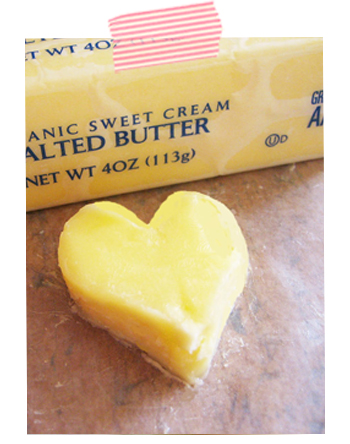Where Did These Familiar Sayings Come From?
Here are some wonderful sayings that we are sure you have all used but did not know how they came into being.
We are grateful that Rose Heichelbech shared them with us and now we are sharing them with you!
1. “Barking up a wrong tree”.
This phrase has its origins in the practice of using dogs to hunt. Occasionally, the dog would bark at a tree that a hunted animal had not actually climbed, thus barking up the wrong tree.
2. “Basket case”.
During World War I, the number of soldiers who came home with severe injuries was over 50,000. Rumors had been circulating about the so-called basket cases: men who had both arms and legs severed and had to be carried in a basket. Not in widespread usage, the term came to mean someone with physical disabilities in general and then later on to mean a person with some sort of mental illness. Today, it most commonly refers to a person who has high anxiety or is easily triggered into a traumatized or frenzied state.
3. The “Big Cheese”.
The word chiz in Urdu refers to something which is the pinnacle of its type. During the late 19th, Englishmen throughout the Empire misheard this common saying as “the cheese” and then starting using the title to refer to important people. It was only when this phrase became common in the U.S. in the early 20th century that the “big” part was added. The idea has been put forth that ceremonies and publicity stunts involving giant cheeses in the 1910s and 1920s is the origin of why we use this saying to mean someone important.
4. “By the seat of your pants”.
As the story goes, the saying started out as “flying by the seat of one’s trousers” indicating that this one is of British origin. The idea behind it is lies in the early history of aviation and the lack of accurate instruments. The implication is that you’ll get there not through technology, but through personal judgements that few instruments at the time could predict or measure. Of course, today it just means not using a plan, but using instinct to guide you.
5. To “cop out”
Copping out means dropping out of something, usually from cowardice or laziness. The original phrase was “copping a plea” meaning to get a reduced sentence for criminal charges. The phrase eventually took on a new meaning: the surrender or back down or evade something.
6. Caught “red-handed”.
This phrase comes form Scotland in the 1600s and the red refers to blood, usually when referring to the apprehension of a murderer. Red-handed was sometimes used to describe the suspect because they might literally have blood on their hands. But, it was in the 1800s that the phrase came to be widely used to mean someone caught in the act of doing something wrong.
7. Take a “gander”.
Coming from the early 20th century, this phrase has is roots in the long neck of a male goose, as in rubbernecking. Originally though, it was used as a verb, “to gander” instead of a phrase.
8. “All decked out”.
From decent comes the word decorate, originating 15th century. All decked out is all decorated up. Some sources have suggested that the phrase may have come from the the bedecked as well.
9. “Don’t have a cow”.
Originating in the 1950s, this phrase borrows a lot from a British phrase “to have kittens” over something upsetting. Throughout the 1950s and 60s, kids were telling each other not to have a cow, which seems a lot worse than kittens if we’re being honest. This idiom has become a staple of slang in the U.S.
10. “Jump on the bandwagon”.
Back in the olden days, when the circus came to town, the wagon that carried the band, bright and colorful, was known as the bandwagon. Politicians would sometimes rent a seat on the bandwagon so as to be seen parading through the streets in a cheery and popular vehicle full of music. It came to mean joining in with anything that was popular and its first known use was in the mid-19th century.
It is always fun to share little tidbits of information which we think you might enjoy.
Thanks for being our chum!









Comments are closed.